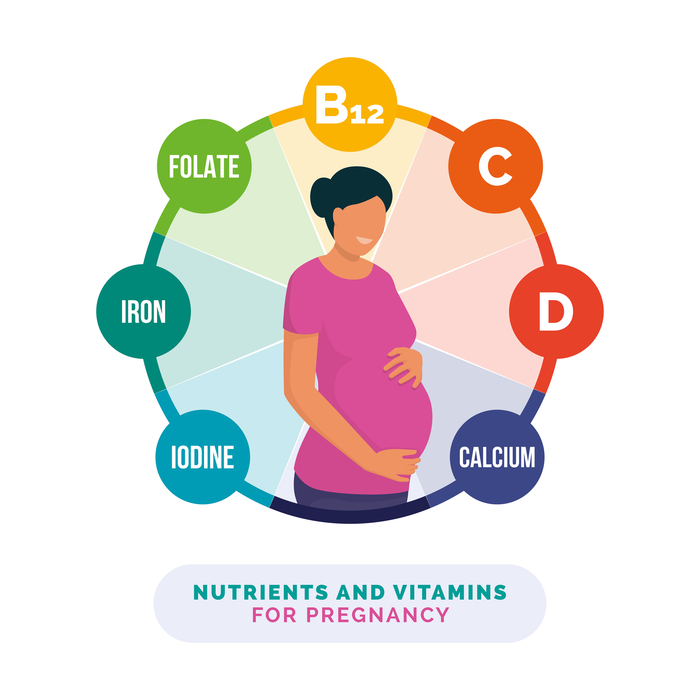The Role of Vitamin Supplements in Fertility and IVF
Why Nutrients Matter for Reproductive Health
Your body relies on a steady supply of nutrients to keep everything functioning as it should, including your reproductive system. Vitamins and minerals are important in hormone production, egg, and sperm quality, and the overall environment needed for conception. When nutrient levels are low, even just slightly, it can interfere with the delicate balance needed for fertility.
For those going through IVF, the body is under extra pressure. Hormone levels are being carefully adjusted, and the ovaries are working overtime to produce multiple eggs. Giving your body the nutrients it needs during this process can support each stage, from stimulation to implantation. (Source: MDPI)
Essential Vitamins Linked to Fertility and IVF
One of the most well-known fertility vitamins is folic acid. It helps with cell division and supports early fetal development. Most doctors recommend taking it even before trying to conceive. But folic acid is just one piece of the puzzle.

Vitamin D is another nutrient that’s been linked to both male and female fertility. It supports hormone balance and may improve IVF outcomes by promoting better egg quality and endometrial receptivity. Low vitamin D levels are common, especially in people who don’t get regular sun exposure.
Other important vitamins include B12, which supports energy and cell growth, and vitamin E, known for its antioxidant effects. Antioxidants help protect cells, including eggs and sperm, from damage. For men, vitamins like zinc and selenium may help improve sperm motility and count. (Source: Tuasaude)
Can Supplements Replace a Healthy Diet?
Supplements can be helpful, but they do not replace eating well. A balanced diet provides more than just individual nutrients. It delivers them in the right combinations your body naturally uses. Think of supplements as a boost, especially if your diet is lacking in certain areas or if blood work shows a deficiency.
When it comes to IVF, your clinic may suggest specific supplements based on your treatment plan. For example, some patients are advised to take CoQ10 to support egg development or omega-3 fatty acids for reducing inflammation.
Talking to Your Doctor Before Starting Anything New
It’s easy to feel tempted to load up on every supplement that promises fertility support, but more isn’t always better. High doses of certain vitamins can actually do more harm than good. (Source: MedicalNewsToday) That’s why it’s so important to speak with your fertility specialist or doctor before starting anything new. They can help you understand what your body really needs and recommend safe options that won’t interfere with your treatment.
Building a Stronger Foundation for Fertility
While supplements won’t guarantee a pregnancy, they can help create the best possible environment for conception, especially when used alongside a healthy diet and lifestyle. Taking care of your nutrient levels is one of many small but powerful steps you can take as you move forward in your fertility journey.
Sources:
MDPI - MDPI.com/2072-6643/16/23/4068
Tuasaude - Tuasaude.com/en/fertility-supplements/
MedicalNewsToday - Medicalnewstoday.com/articles/323573






